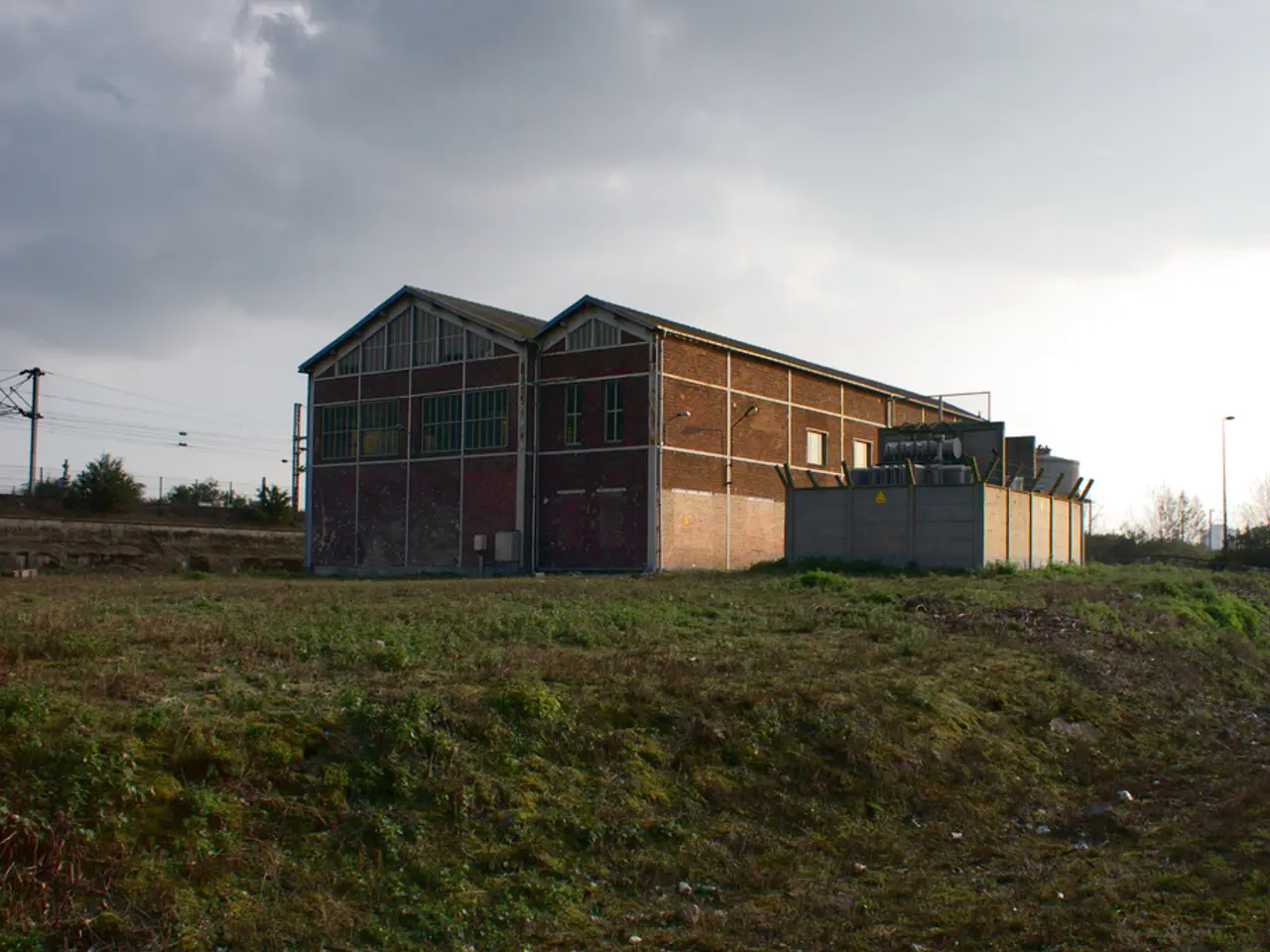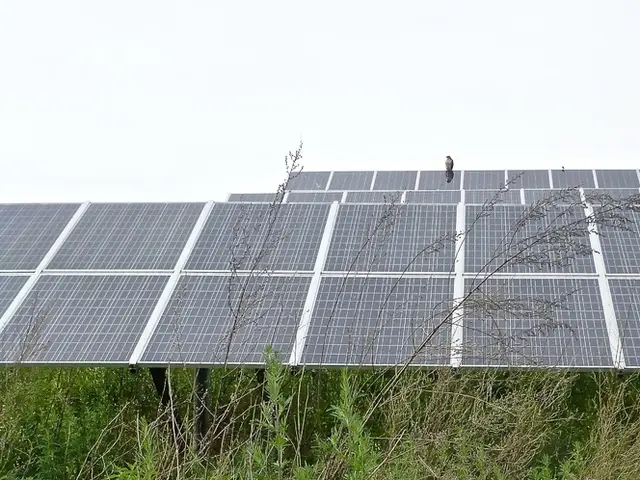Excess Solar Energy in the Grid: Challenges for Photovoltaic System Owners
In the bustling town of Reutlingen, residents are embracing a new wave of energy efficiency. The shift towards zero-feed-in photovoltaic systems is gaining traction, offering customers a chance to save money on their energy bills. This move comes in response to the now-restricted feed-in tariff, which previously provided a specific amount of income for households generating their own solar power.
However, the exact annual savings from the abolition of the feed-in tariff remain undisclosed. The network operator, Fairnetz, has taken a proactive approach, restricting new PV systems with feed-in and only approving those designed for exclusive self-consumption. This change could potentially reduce costs associated with grid fees and electricity purchases, although the yearly savings figures are not yet detailed.
Mona Keller, Head of Network Development at FairNetz, is enabling customers to build and operate their solar plants for self-consumption without feed-in into the public grid. This initiative is part of a larger trend that has seen Germany's solar power capacity soar. In 2024 alone, around 16 gigawatts (GW) of new PV capacity was installed nationwide, pushing the total installed photovoltaic capacity above 100 GW for the first time.
Thorsten Jansing, CEO of FairNetz, describes this development as a success story, with increasing coordination efforts for distribution network operators like FairNetz. The Climate Protection and Climate Change Adaptation Act Baden-Württemberg, enacted in 2022, requires homeowners to install solar plants for new buildings and major roof renovations, further fuelling this growth.
Yet, this success story is not without its challenges. Without additional components like a battery or control system, around 70% to 80% of the self-generated electricity from solar plants is usually fed into the grid. This mass influx of solar power is causing strain on power grids designed for individual power feeders. As more and more households in Reutlingen and across Germany adopt rooftop solar plants, the grid is struggling to keep up.
One of the most significant challenges arises from the removal of feed-in compensation, as in the case of Reutlingen. This change results in customers losing €560 to €600 per year in income, a substantial loss for many households.
Despite these challenges, the trend of increasing solar power capacity is showing no signs of slowing down. Solar power now covers more than 10% of Germany's electricity consumption, a testament to the country's commitment to renewable energy. As the industry continues to evolve, solutions to the current challenges are being sought, ensuring that the solar power revolution in Reutlingen and beyond continues to thrive.
Read also:
- Industrial robots in China are being installed at a faster rate than in both the United States and the European Union, as the global market for these robots faces a downturn.
- EAFO Research Uncovers Crucial Elements in Electric Vehicle Adoption within the EU
- Ramping Up: America's Electric Vehicle Sector's Swift Expansion
- SAFRA's First Hydrogen Conversion Kit Set for Official Approval Imminently








